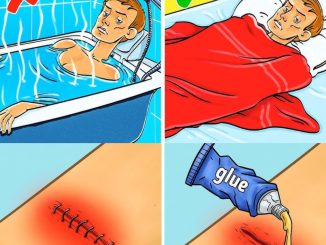The tragic and untimely death of Mark Gleeson, a 26-year-old man from Surrey, England, serves as a sobering reminder of the dangers of unorthodox methods for dealing with medical issues like snoring. Mark’s story, which began with a seemingly harmless attempt to address his snoring problem, ended in heartbreak after he resorted to placing tampons in his nose to block the sound. In this article, we’ll explore the details of Mark’s case, the risks associated with snoring and its potential complications, and safer, medically recommended approaches for managing this common issue.
Mark Gleeson’s Tragic Decision to Use Tampons for Snoring
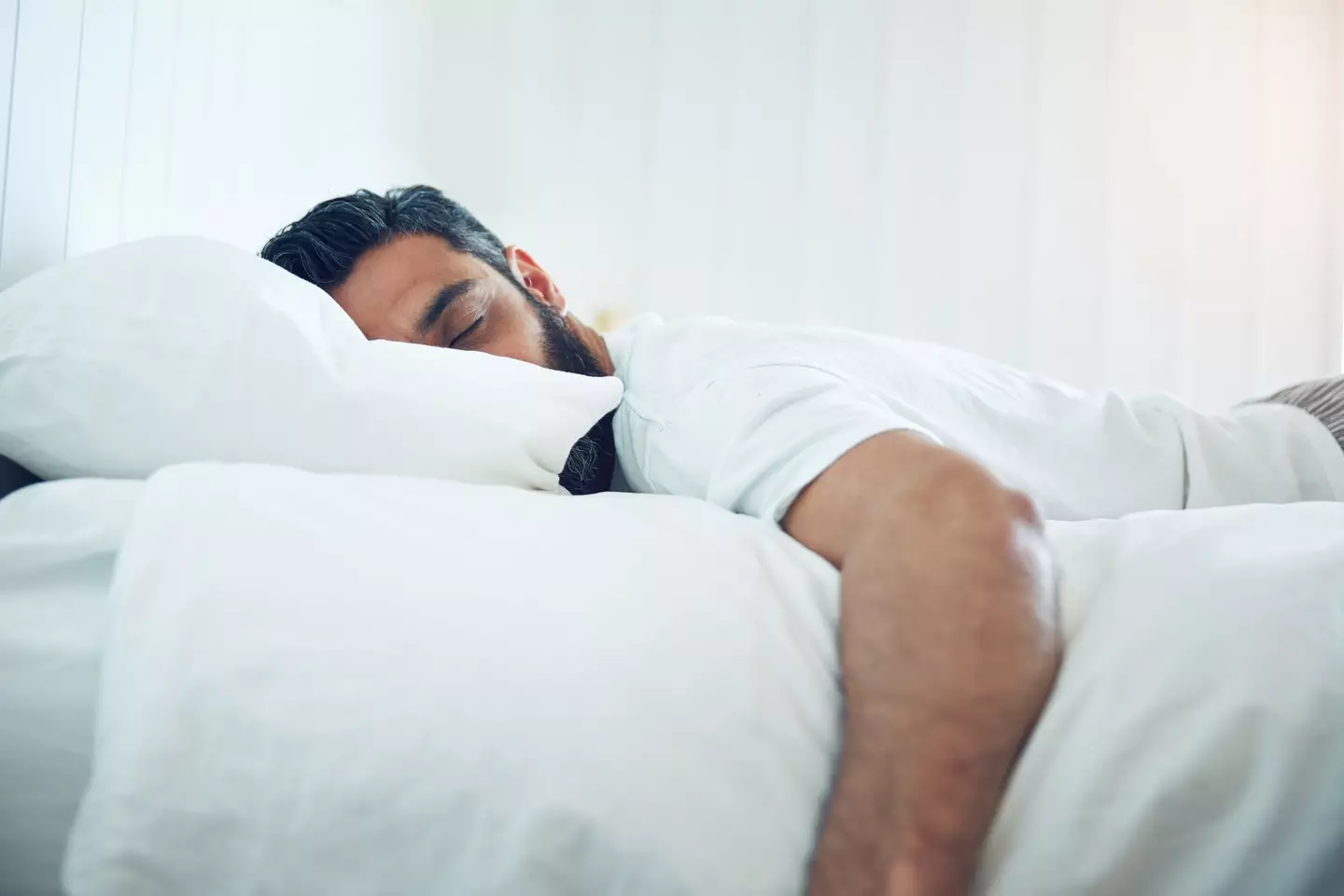
Mark Gleeson had been dealing with severe snoring for some time, an issue that stemmed from sinus problems caused by a car accident. His family often joked about the situation, not realizing how serious it could become. After visiting his doctor, Mark was told that there wasn’t much that could be done to treat his condition. Frustrated and desperate for a solution, Mark and his girlfriend, Tracey Lambert, came up with the idea of using tampons to block his nose in an attempt to stop the noise.
On the night of his death in January 1996, Mark had taken sleeping tablets and consumed alcohol before falling asleep on his girlfriend’s sofa with tampons inserted in his nostrils. Tragically, when Tracey returned to check on him, she found him unresponsive. An inquest later revealed that Mark had died from asphyxiation, with the tampons obstructing his airways and the sleeping pills further contributing to his breathing difficulties. The coroner ruled his death as accidental, a heartbreaking outcome to what seemed like a simple solution to a common problem.
Understanding the Dangers of Improper Snoring Remedies
Mark’s tragic case highlights the dangers of using unconventional methods to treat medical issues like snoring. Snoring itself is not typically life-threatening, but certain conditions, like obstructive sleep apnea, can lead to serious health complications if left untreated. Inserting foreign objects like tampons into the nostrils can obstruct the airway, increasing the risk of suffocation, especially when combined with other factors like alcohol or sedative use.
While Mark and Tracey’s decision may have seemed like a creative fix at the time, it unfortunately led to fatal consequences. This story serves as a reminder that snoring, while often joked about, can be a sign of more serious health conditions that should be addressed with appropriate medical intervention.
Snoring and Obstructive Sleep Apnea: A Serious Sleep Disorder
Snoring is often linked to a more serious sleep disorder known as obstructive sleep apnea (OSA). This condition occurs when the muscles in the throat relax too much during sleep, causing the airway to become partially or completely blocked. As a result, the person briefly stops breathing multiple times throughout the night, which can lead to various health issues, including high blood pressure, heart disease, and excessive daytime fatigue.
Men are statistically more likely to snore and develop sleep apnea than women. However, many people dismiss snoring as a harmless annoyance without realizing that it can be an indicator of OSA or other underlying medical problems. It’s crucial to consult a healthcare professional if snoring is accompanied by gasping for air during sleep, excessive daytime sleepiness, or difficulty concentrating, as these may be signs of sleep apnea.
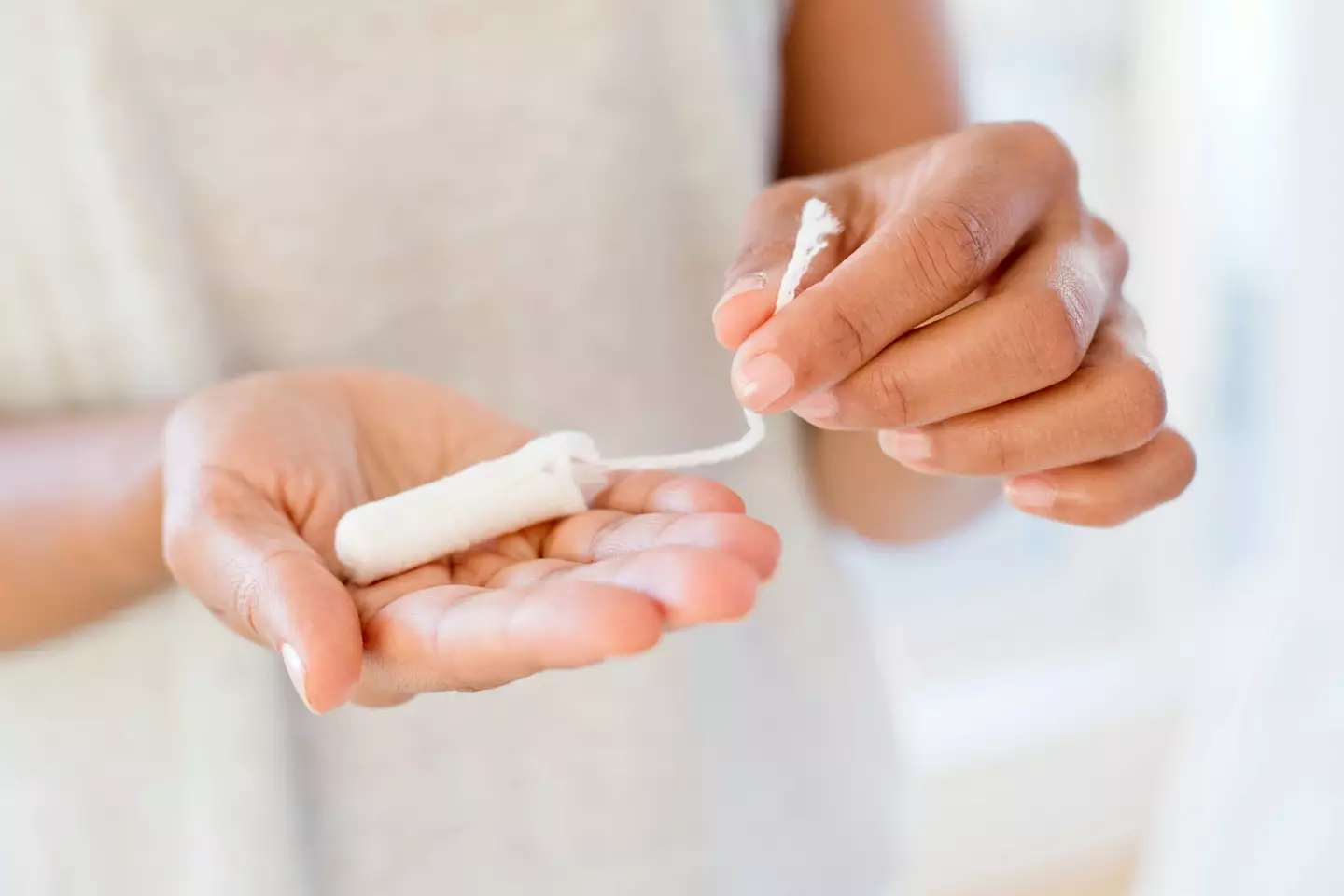
Medically Recommended Treatments for Snoring
There are several medically recommended treatments and lifestyle changes that can help manage snoring, without resorting to dangerous or unconventional remedies. If snoring is affecting your sleep quality or that of your partner, here are a few strategies to consider:
1. Weight Loss
Excess weight, especially around the neck, can put pressure on the airway and contribute to snoring. Losing even a small amount of weight can reduce or eliminate snoring in many cases.
2. Avoid Alcohol Before Bed
Alcohol relaxes the muscles in the throat, making it more likely that the airway will collapse during sleep. Avoiding alcohol in the hours leading up to bedtime can significantly reduce snoring.
3. Treat Nasal Congestion
Nasal congestion caused by allergies, colds, or sinus issues can make breathing through the nose difficult, leading to snoring. Over-the-counter nasal decongestants or nasal strips can help open up the airways and reduce snoring.
4. Change Your Sleep Position
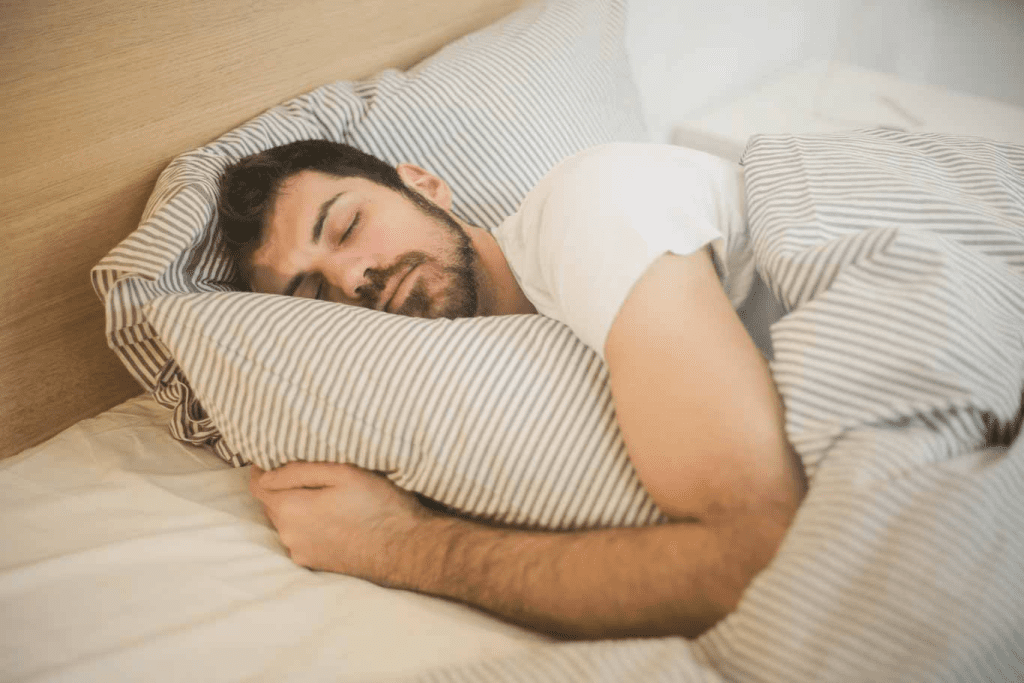
Sleeping on your back can cause the tongue and soft palate to collapse to the back of the throat, blocking the airway and causing snoring. Sleeping on your side can help keep the airway open, reducing the likelihood of snoring.
5. Medical Devices and Surgery
For individuals with severe snoring or sleep apnea, medical devices such as continuous positive airway pressure (CPAP) machines may be recommended. CPAP machines deliver a steady stream of air through a mask to keep the airway open during sleep. In some cases, surgical procedures to remove excess tissue or correct structural issues in the throat may be necessary.
Why Seeking Professional Help is Crucial
Mark Gleeson’s case serves as a tragic reminder of the importance of seeking professional medical advice for snoring and related sleep disorders. While snoring may seem like a minor inconvenience, it can be a sign of a more serious condition that requires treatment. Consulting with a healthcare provider can help determine the underlying cause of snoring and the best course of action to manage it safely and effectively.
The use of over-the-counter aids or self-experimentation with items like tampons, as seen in Mark’s case, can have dangerous and unintended consequences. It’s essential to follow proven medical advice and avoid taking unnecessary risks when dealing with health issues.
Modern Tools for Monitoring Sleep Apnea
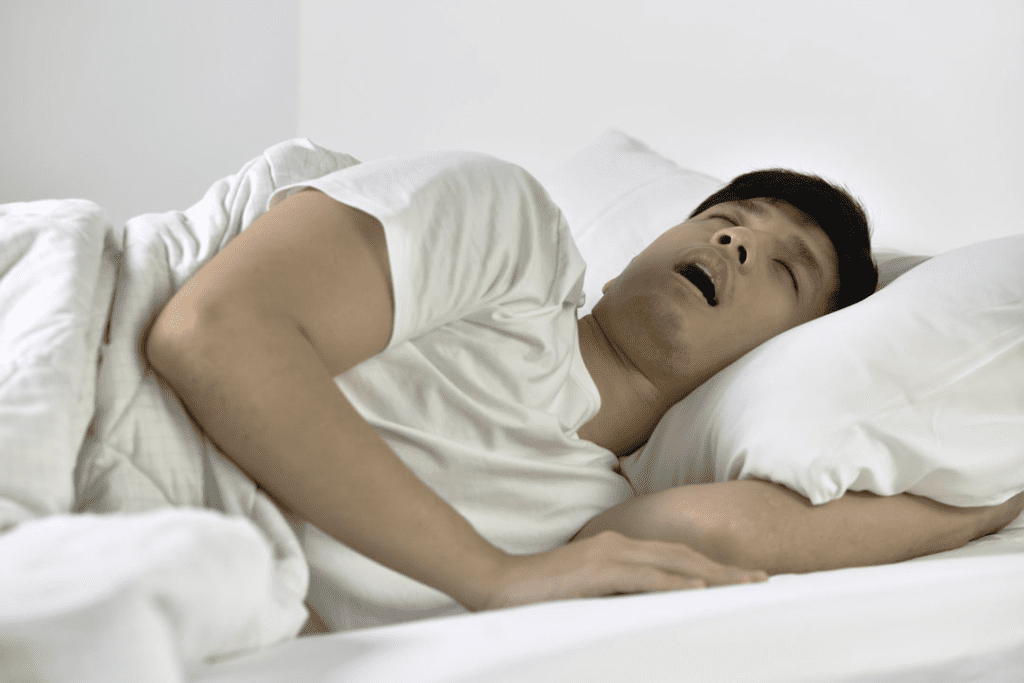
Advancements in technology have also provided new ways to monitor and address sleep apnea. For example, devices like the Apple Watch Series 10 are being designed to detect and monitor sleep patterns, potentially alerting users to signs of sleep apnea or other sleep disorders. While these tools are not a substitute for professional medical evaluation, they can offer valuable insights into sleep quality and help individuals seek treatment when necessary.
Conclusion: A Heartbreaking Lesson in Seeking Proper Treatment
Mark Gleeson’s story is a powerful lesson in the dangers of unconventional and unproven methods to treat snoring and other medical issues. His death was a tragic, preventable accident that underscores the need for proper medical advice and treatment. Snoring, while often viewed as a minor problem, can be a symptom of a more serious condition like sleep apnea, which should be addressed with the guidance of a healthcare professional.
Instead of resorting to risky solutions, individuals experiencing snoring or sleep-related issues should explore safer, medically recommended options. By doing so, they can improve their health and avoid the unnecessary dangers associated with unorthodox remedies.

